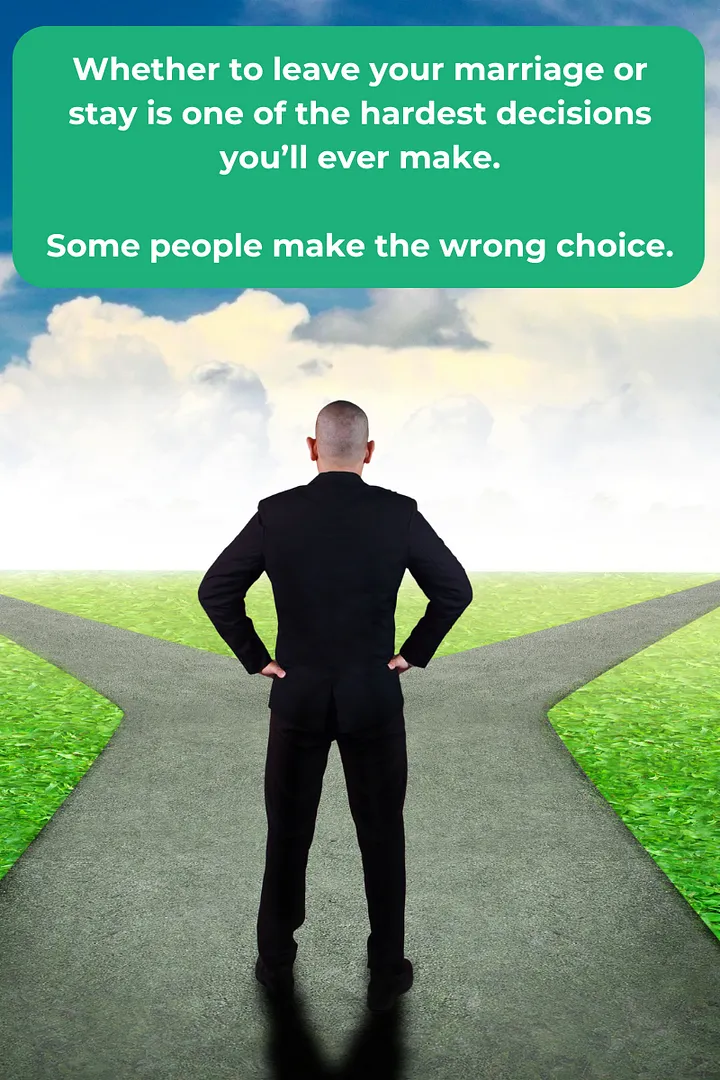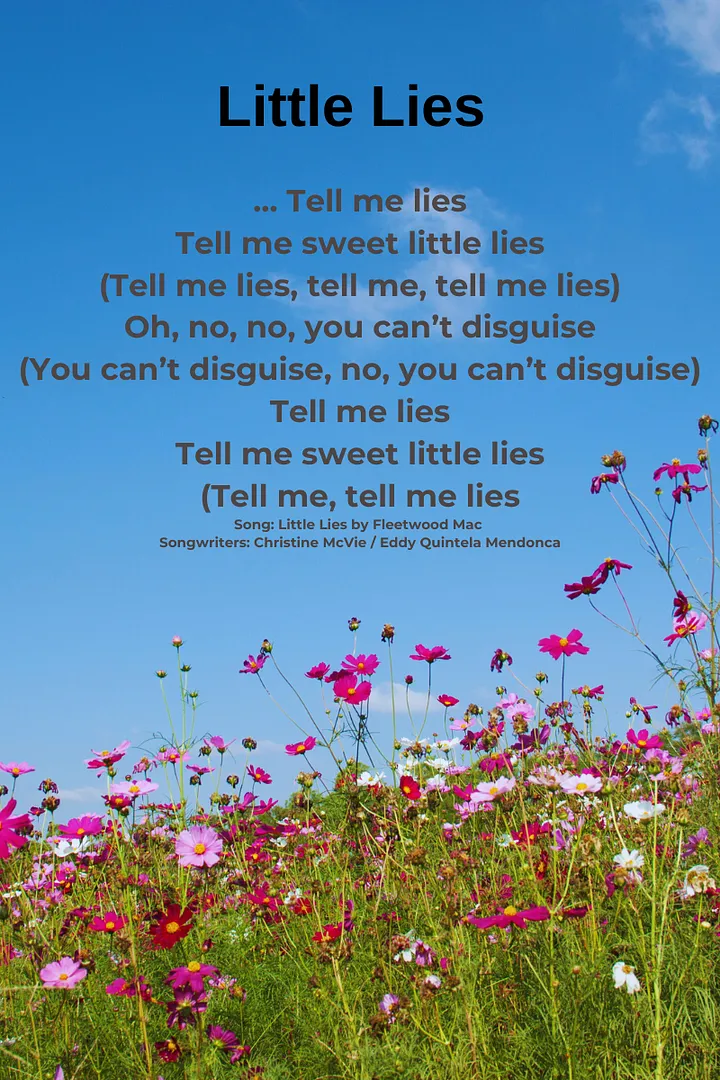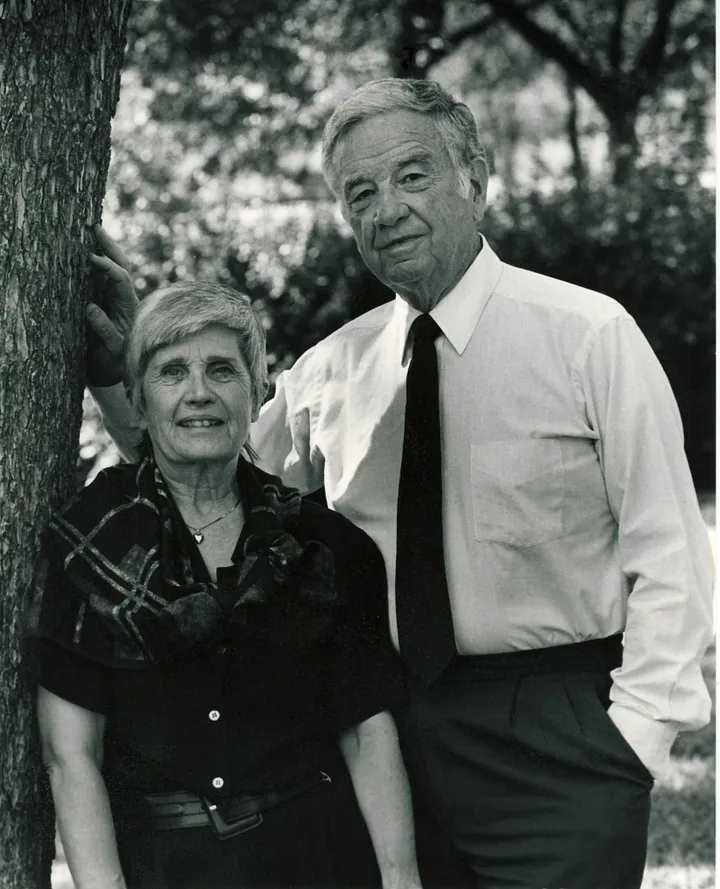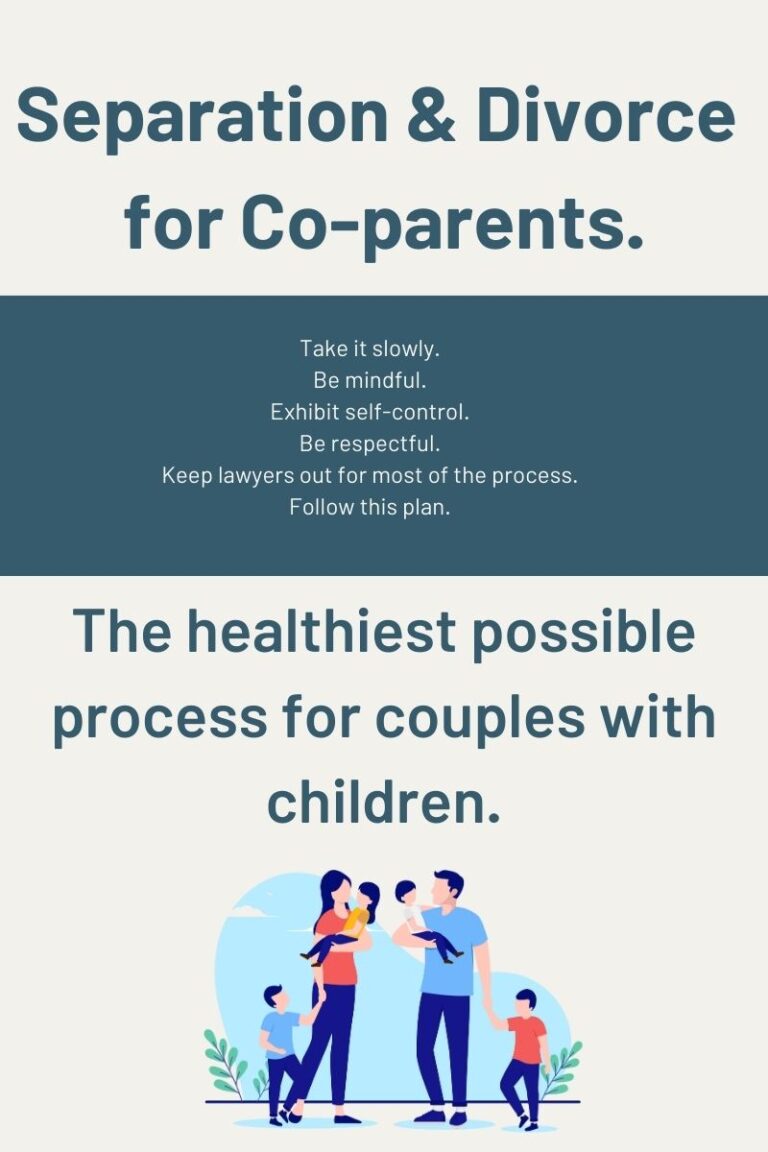The Downside of Being Emotionally Healthy.
Some people can’t deal with your growth and changes.
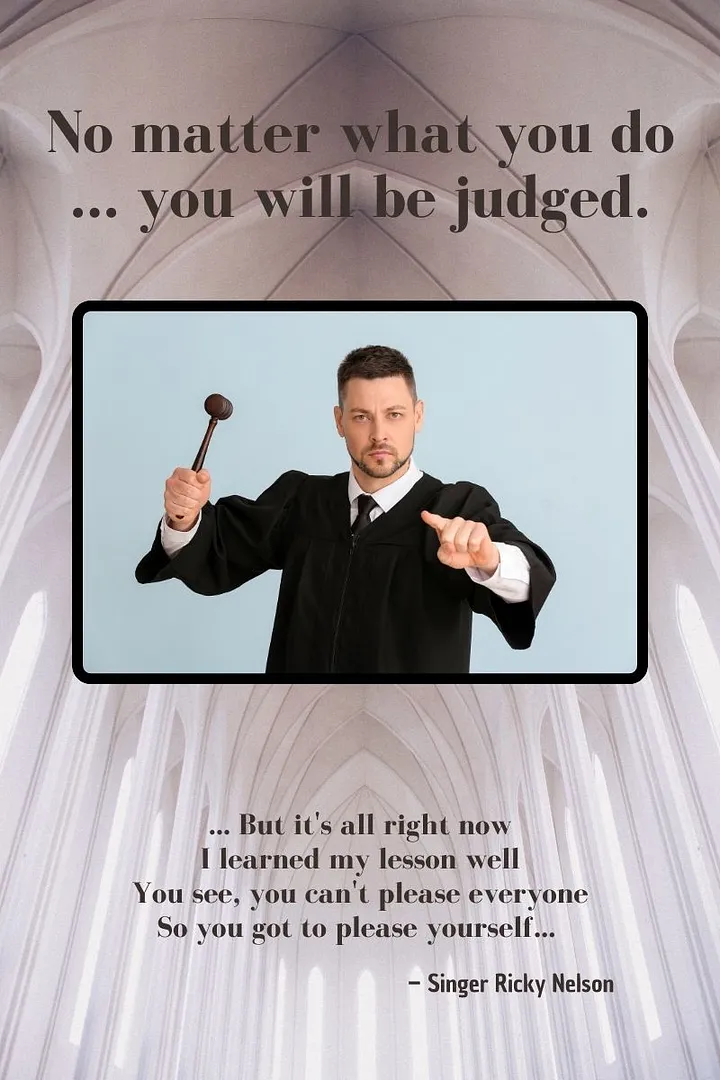
Living, growing, and evolving to be the best a person can be is the message I care and write about. Why wouldn’t a person want that? Before I became a therapist, I would have thought that message was a slam dunk, an easy sell. But as I have written before, it isn’t. I personally love learning and growing and seeing how far I can kick the can of life. “It’s a game,” I tell myself. “Let’s see how far I can go.”
Nothing is more rewarding than having a client who climbs on board the emotional well-being train and learns how to process information, have a healthy balance in their life, and find a sense of purpose.
So, imagine you have done the work and are in a solid place mentally and emotionally. You’re feeling confident; you can set healthy boundaries; you’ve learned how to pay attention to your thoughts and feelings and tweak them accordingly, and you have emotional resilience. You can weather life’s challenges and notice an enormous difference. Now, wrap your head around the fact that as good as it feels, there is a downside to it, and that is that many people can’t or won’t deal with it.
The ego is an interesting thing. If humans see another human who has more than what they have, in whatever way that is, it may make them feel better, worse, or at peace about themselves. Humans are comparing animals; if you put two people in the same room, they will compare themselves to the other person. Psychologists have long been aware that humans compare as a way to see where they stand. For example, a tall person wouldn’t think of themselves as tall unless they compared themselves to the height of others. Whether being tall is a good thing is subjective, of course. Still, the problem for you and me is that some people take a look at people and compare themselves to others negatively because of their emotional state and an underlying issue on their end, or they may say, I am better than that person. When looking at you, they could tell themselves, “Well, I see that Joe has accomplished a lot, more than I have, and that shows me the direction I want to go in.” Or, they might say, “I hate Joe for achieving so much more than I have. I’ll bet he thinks he’s better than I am. Just being around him makes me feel bad about myself.” And then there is, “Joe is such a loser, I can’t stand him.” Which do you think is the healthier stance?
Since I have gotten healthier, finished graduate school, and hung my shingle out as a clinical Marriage and Family Therapist, people have treated me differently than before. Most human beings long to be accepted, but the truth of life is that sometimes we won’t be. Some people put me on a pedestal where I don’t belong; others fear the fact that I might see how dysfunctional they are; others now respect me because I had to work so hard to attain what I have, and others like me, regardless of what I’ve accomplished or how I’ve changed. I can’t control how people look at my growth, but their response shows me much about who they are.
You might not fit in with certain groups.
When I first moved to Little Rock to join my boyfriend, now husband, in 2012, we were often invited to watch football games on television or go to dinner with his group of friends, people he had known all his life. It didn’t take long, however, for the husbands to start pulling me aside to talk about how miserable marriage is. I’d immediately tell them it wasn’t appropriate to talk to me about that, and I did all I could to extract myself from the conversation, but it didn’t matter. The wives felt threatened by my presence, and one even screamed at me one night across the dinner table to stay out of her marriage. It was unnerving. No matter what I did or said, I felt they saw me as a spy who could see they were not emotionally healthy, their marriages were awful, and it made them too self-conscious, so they stopped inviting us. I have told my husband many times if I had been as dysfunctional and as unhappy as they were or was a secretary or in some other non-threatening occupation, I probably would have been accepted. Sometimes, getting chewed up and spit out is a good thing.
I spoke of getting healthy as having a downside; however, if you are really healthy, you probably won’t see it that way. It hurts to be rejected and thought of in a certain negative way, and that is the downside. It’d be nice to be loved and accepted by everyone, but that’s not how it works on planet Earth. So, how can you process it with an open mind and positive mindset? Understanding that no one likes it, but it is nature’s way of weeding people out of your life who are unhealthy for you. I must count on the universe’s wisdom and how things play out.
People have sought friendships and alliances with others whom they deemed in a similar category or evolutionary scale to them for eons. I went to a high school that had 1500 students. Among that population were several groups, and we called them the socies (short for socialites, academics, and popular people), potheads, blacks, rednecks, and nerds. Whenever we had an assembly in the gymnasium, each group had subconsciously created their own section in the stands, and went and sat with the group where they felt like they fit. Most lasting social connections are made with people who we perceive are most similar to us, and as you get healthier, don’t be surprised if you outgrow certain friends or lose friends who can’t deal with seeing your rise. It’s the way life is.
Another hard lesson learned. Leaving the family group.
When I focused on getting healthy in my 30s, my family pulled away, and I became an outsider. At first, I had a hard time; I was devastated, heartbroken, and truly astonished. But now I see that it had to be that way. The bottom line is they lived negative energy, criticism, and harsh judgment, and I wouldn’t and couldn’t be around it anymore. Then, when they tried to control me, I wasn’t having it. When one person in a group changes, the group itself will change. I didn’t fit in with them anymore, and I saw it as a healthier dynamic for me not to engage with them and eventually made peace with it. When we no longer fit in the group where we were, it’s time to find another group where we do fit. A healthy human is flexible and goes with the flow of the changing winds in their life. We have to bend and yield. Yes, there are seasons where certain people are a fit for where we are in our lives, and seasons change. People come and go in our lives, even family members. I sincerely hope you can see this as a natural process working to your benefit.
So, I am telling you that if you go from someone with low self-esteem and poor boundaries and learn how to turn that buggy around, your life will change in ways you hadn’t imagined. Only your friends with a strong and healthy sense of self can and will comfortably stick with you. When you start grabbing opportunities and making positive things happen, the people who truly care about you will cheer you on. The others will drift away because the comparisons are too hard to take. These are challenging situations but I’ve gotten used to this reality and mostly let the other team decide if it’s time to head in different directions, as I can deal with them come what may, so long as they’re not abusive. I don’t think it is beneficial for everyone I care about to belong to one certain group. I love the diversity of many perspectives and all there is to learn. The question is, can they accept me if I am not similar to how they are?
Buddha figured out a long time ago that suffering was caused by wishing things to be different than they are. That’s why, to have peace, you must accept life’s realities and craziness. People haven’t changed that much in many centuries, so we can’t hope for that, we have to deal with the way it is now.
The sad truth about having a good relationship with yourself.
A confident person with good emotional health who leans toward seeing the positive things in life will be harshly judged. Why? Because people judge harshly. It’s a cruel world in that way, and anonymous posts on social media have made the situation worse than ever. Confidence is a positive trait that opens doors. I highly recommend it, but negative thinkers may see people like that as arrogant, brash, and full of themselves. What kind of a world are we living in when we work to be the best version of ourselves and be at peace with who we are, flaws and all, and have people criticize us for it? I answer that no matter what you do, positive, negative, or anything in between, someone will harshly judge you. Brush it off. Be who you need to be. I promise you it doesn’t matter unless you choose to make it matter.
In the late 1990s, I wrote an extremely popular column about relationships in the San Antonio Express-News. I realize now I was kind of a Carrie Bradshaw of Sex and the City fame before anyone knew anything about Carrie Bradshaw; what’s not to like about that? I was on my healthy path but still a pleaser back then, and from the first day my column appeared, I began getting tons of hate mail — more than any other columnist there. Every day, dozens, sometimes hundreds, of people would take the time to write a letter, email, or leave a voicemail telling me and our editors how terrible I was. So, I decided to write a few columns that I believed couldn’t piss off anyone and see what happened. You guessed it. The hate mail continued, but now much of it was directed at what a terrible writer I was. If it wasn’t one thing they hated, it was another.
I changed course and began printing some of the hate mail and making fun of myself and my bad writing in my column, and suddenly, I started getting letters from people who loved me and my columns. Life is so strange. The people who liked me assumed I knew it, but my only evidence was the hate mail and the occasional person who recognized me in the grocery store. It was an experience that taught me that people would hate, no matter what, and the haters are way more proactive in expressing themselves than the admirers. Ultimately, it says way more about them than it does about the person they are hating.
Is life good, or does it just suck?
One of my family members told me last year that “Life is suffering.” In my head, I said, “Bullcrap.” To them, I said, “I know some people feel that way, but not for me. I don’t think we were meant to live miserably.” Don’t get me wrong. I do suffer, but only sometimes. I’m a human, and life is difficult; even though a person may do all they can to make it enjoyable, fun, and have a mostly happy life. When I think about that further, I used to love to wear hats and t-shirts that said, “Life is good,” but after my U.S. Marine son was killed in Afghanistan in 2011, I couldn’t wear them anymore and gave them away. Seeing that brand on a hangar in a store still hurts my heart. Life is good sometimes, and if you work on yourself and get healthy, you’ll learn this, too. I really do think it makes a big difference when you have a positive outlook and believe in yourself, and how you tell the stories about what has happened to you along the way and the significance you put on them. Is your perspective skewed more positively or negatively overall? All of it is a classroom. I skew with a positive mindset, looking for healthy ways to process what happens, and want to learn every lesson I can.
The cost of setting boundaries.
Let me tell you my main point right off the bat: Boundaries are necessary for health and happiness, and people hate it when you set boundaries.
Most of us have the same sort of boundary system we grew up with. Some families are walled off, share very little about themselves, and avoid vulnerability, and then there is my family, who had no boundaries at all. Nothing was off limits, and comments on your intelligence, body, friends, lifestyle, and anything at all were fair game. I thought this was normal. In our daily life, I took the punches they delivered and learned to be stoic, never letting them know how much it hurt and angered me. If you let them know it bothered you, you would be mocked and laughed at. Best just to move along.
Humans protect themselves through a healthy boundary system. I hadn’t learned to protect myself early on, and I also didn’t learn how to restrain myself appropriately. When you enter adulthood with no boundary system, you will soon learn life lessons the hard way, and I did. I was too intense and outrageous and did not know this would scare some people. I really must have been a beast. I made comments to others like my family made comments to me, and I still remember the horror on some people’s faces. I wanted friends and connections, and I didn’t have many. Eventually, with therapy, I learned to pull back my intensity and not spontaneously comment on things about people. I learned relational skills such as being diplomatic and knowing when to shut up, which made a huge difference. I also learned not to reveal things about my own life unless I knew the person was safe. That one was a game-changer.
I got professional help, and once I learned boundaries and tried them out, I experienced people’s nasty responses and reactions. Sometimes I was told I was mean and a bitch. (Narcissists always call boundary offenders mean or something ugly; they know a remark like that will torture someone who wants desperately to be seen as a good person). At least once a month, someone in a store, parking lot, or on the phone will throw venom when I set a boundary with them. “No, I’m not interested in X,” “Please don’t walk up to my car and ask me for money; that scares me.” But boundaries are not for them; they are for you. They are what is required to maintain peace in your life.
When I started setting boundaries with my boundaryless family, we ceased to be friends. They just couldn’t understand why I was calling them out for telling humiliating stories about me at the dinner table or telling my children sensitive things I hadn’t yet told them. There is only one kind of person who can exhibit grace and understanding when you set a boundary: an emotional adult with a solid sense of self. All the others will attempt to turn the tables on you; don’t let them.
Why did I write this?
I’ve experienced the cost of being healthy for a long time, have pondered it all, and I wanted to share it with you. I think that most of us imagine that when we finally get our shit together, life will be wonderful in almost every way, but there will still be struggles. None of the pushback or loss of people I cared about along the way would make me want to return to my old ways. Good mental health is hard to attain; you won’t want to go backward once you get it. It is true that no matter what you do, how good you are, or how hard you try, some people will protest, and you just have to value what is healthy for you over what is healthy for them.
Becky Whetstone, Ph.D., is a licensed Marriage and Family Therapist in Arkansas and Texas* and is known as America’s Marriage Crisis Manager®. She is a former features writer and columnist for the San Antonio Express-News and has worked with thousands of couples to save their marriages. She can work with you, too, as a life coach if you’re not in Texas or Arkansas. She is also co-host of the YouTube Call Your Mother Relationship Show and has a telehealth private practice as a therapist and life coach via Zoom. To contact her, check out www.DoctorBecky.com and www.MarriageCrisisManager.com. Also, here is how to find her work on Huffington Post. Don’t forget to follow her on Medium so you don’t miss a thing!
For licensure verification, find Becky Whetstone Cheairs.

